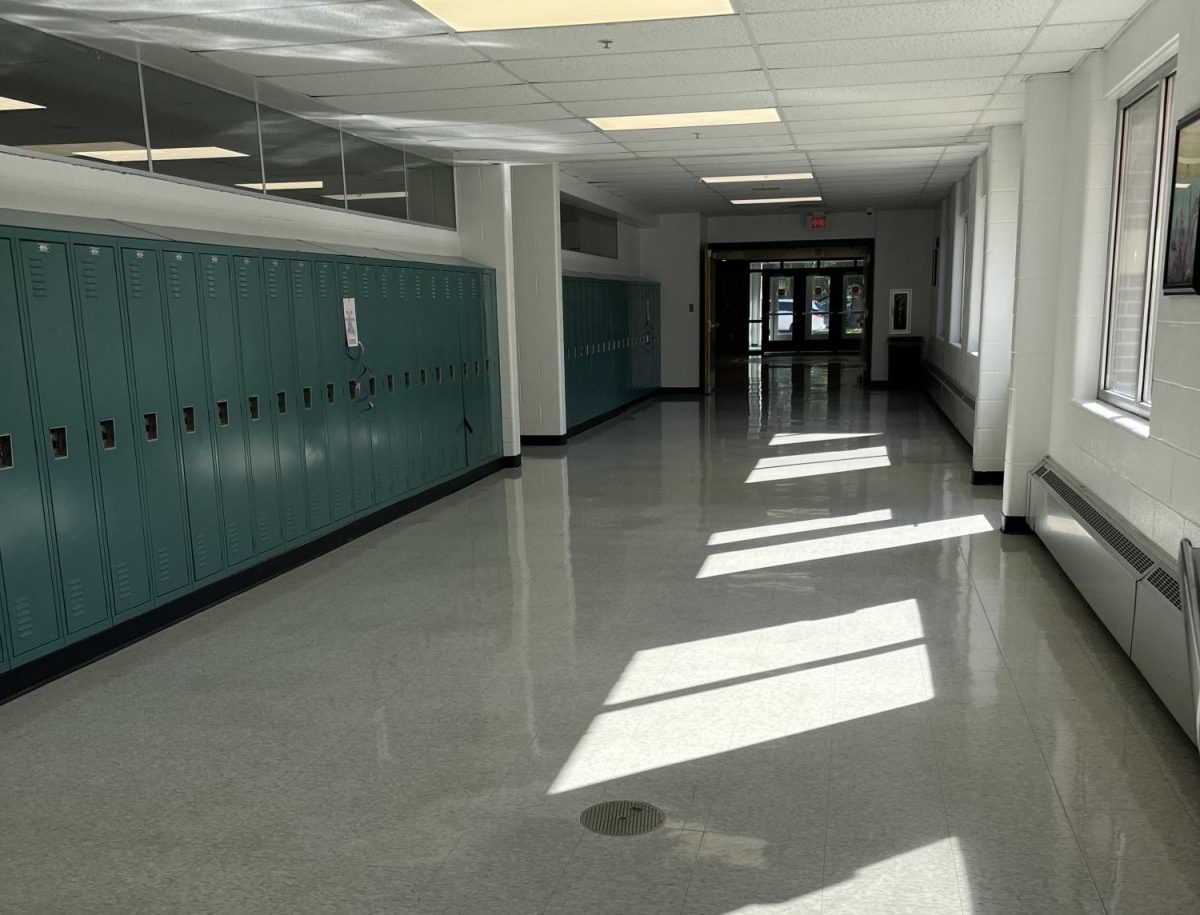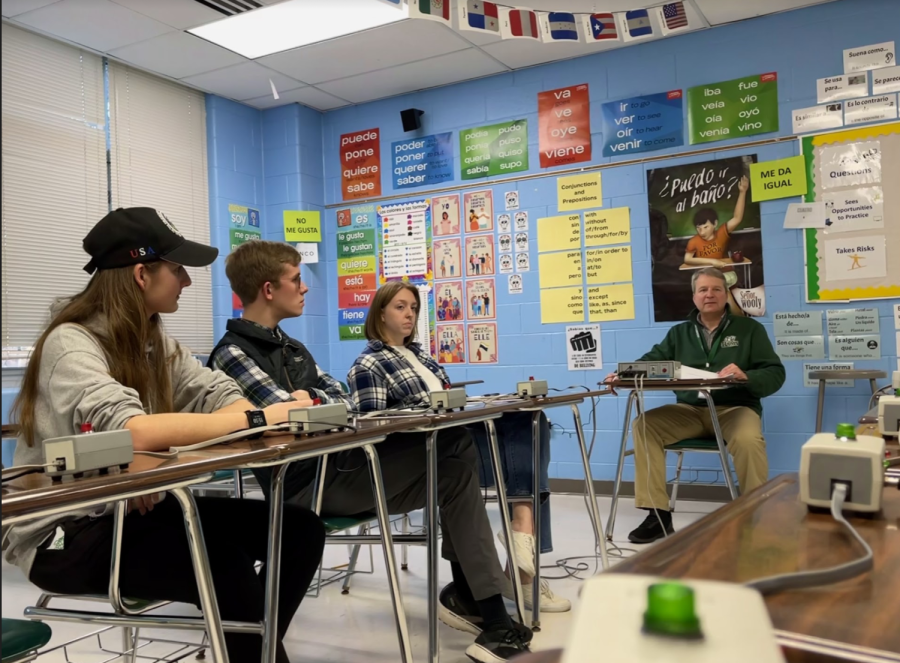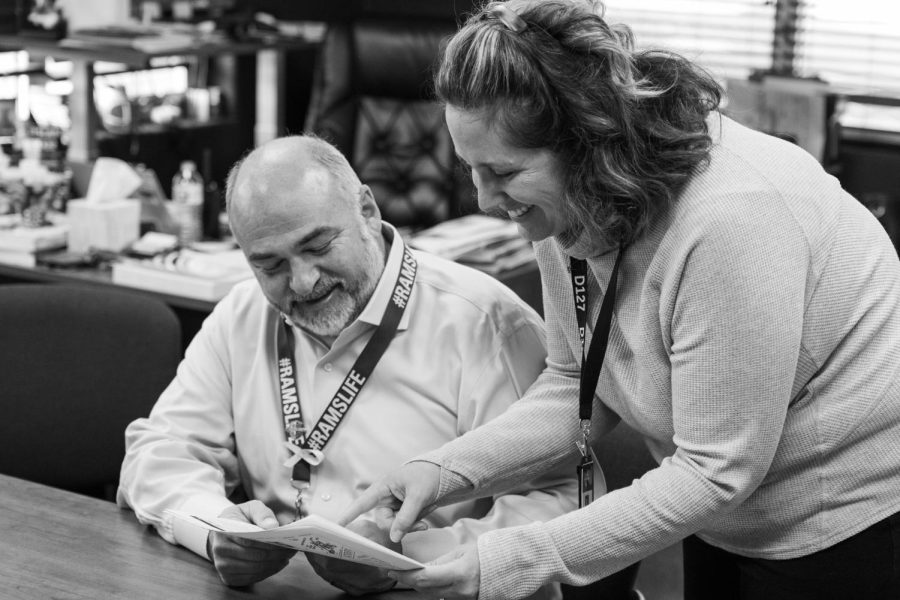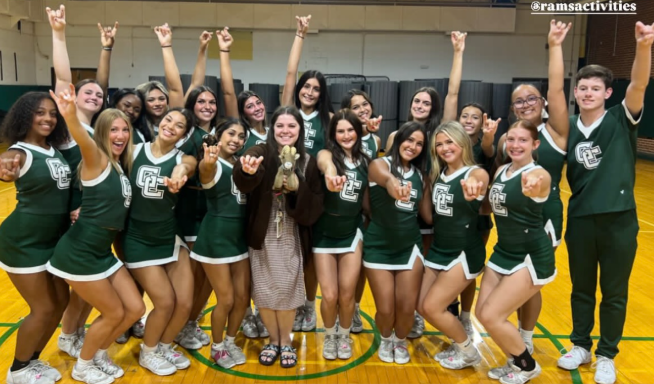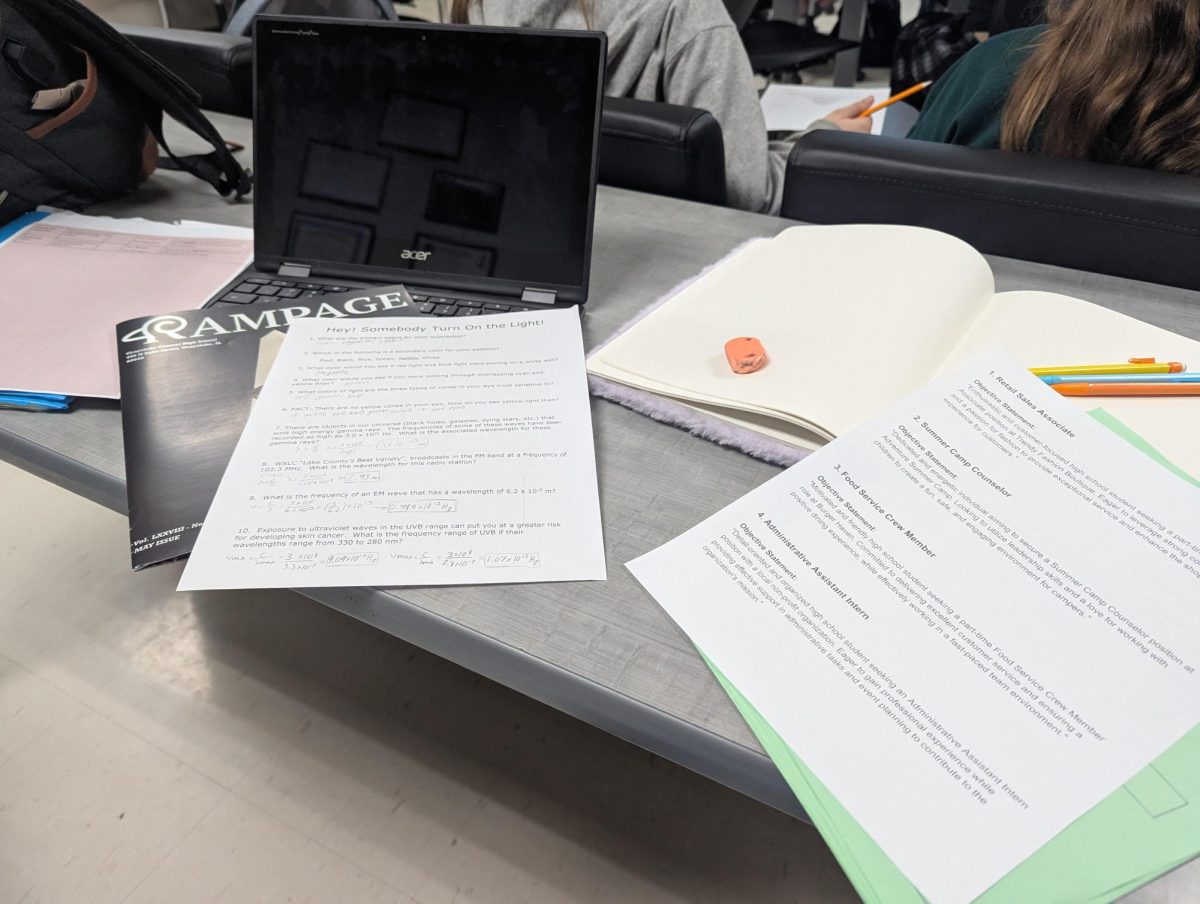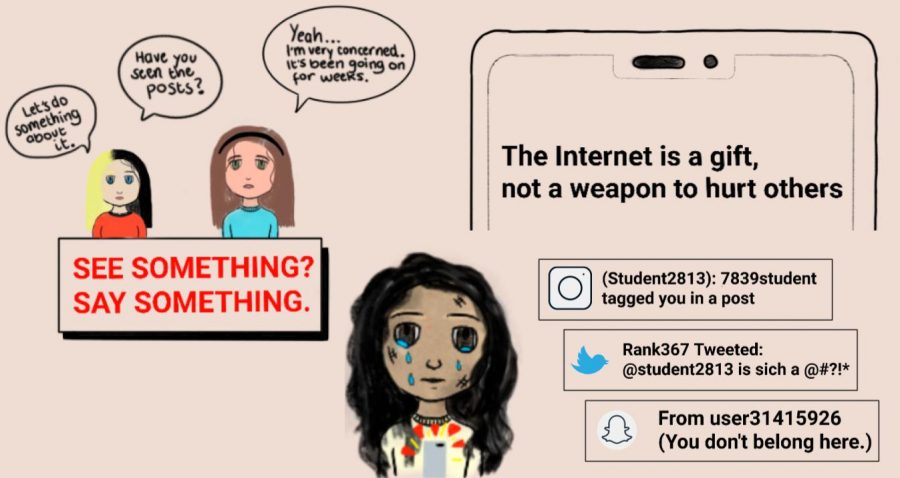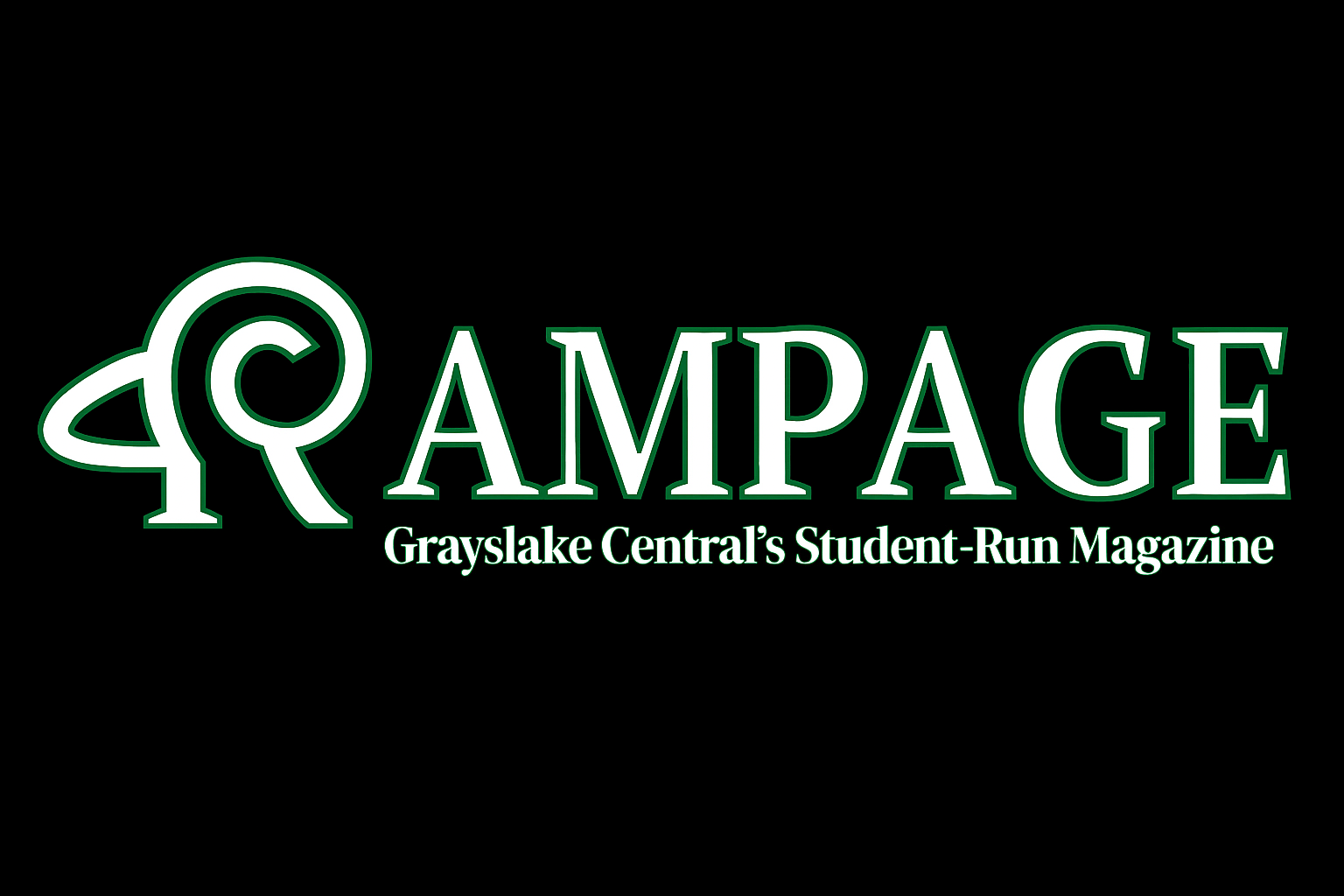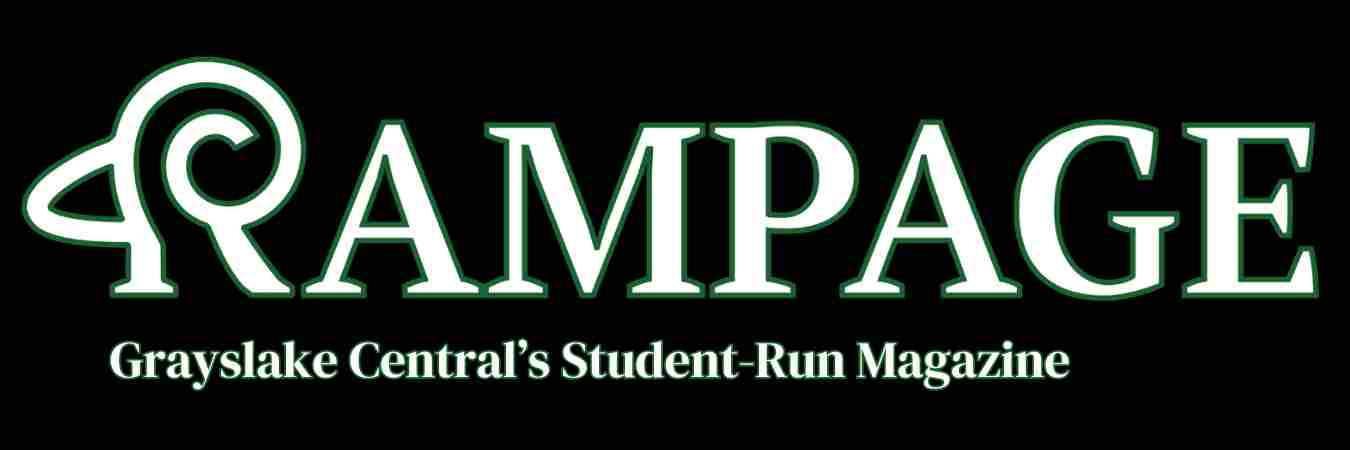AAPPL testing proves biliteracy
AAPPL tests, if passed, certify high schools students as multilingual through state approval.
April 16, 2019
On March 12 2019, Grayslake Central students participated in AAPPL testing to possibly obtain the state’s Seal of Biliteracy, which was organized by Melissa Dodge.
Every year, thousands of multilingual high school students across the nation prepare
to test their language skills outside of their mother tongue through ACTFL Assessment of Performance toward Proficiency in Languages (AAPPL) tests.
AAPPL tests are performance-based as-sessments designed to evaluate the language level of the chosen language amongst individ-ual high school students in three main areas of communication, which are interpersonal, presentational, and interpretive.
The areas are then graded between novice, the lowest, intermediate, the average, and advanced, the highest. To pass the test a score of intermediate high in all areas must be obtained.
Passing the tests leads to, in most states, obtaining the official Seal of Biliteracy on a high school student’s diploma upon gradua-tion, which proves the multiliteracy of two or more languages of an individual.
The Seal of Biliteracy is approved in Illinois, and as said by the California De-partment of Education in their public letter directed towards establishments of learning, it is meant to “encourage pupils to study lan-guages, provide employers with a method to identify people with language and biliteracy skills, strengthen intergroup relationships and affirm the value of diversity, and honor the multiple cultures and languages of a community.”
Obtaining the seal through AAPPL testing also may help students skip introductory classes in a post-secondary education or even get cleared from taking initial language classes. “State universities and community colleges are now mandated to establish criteria to translate a recipient’s ‘Seal’ into course credit (as of 2017). Incoming students enrolling in state colleges must request that this course credit be applied to their record by requesting it through the campus’ Registrar’s Office.” reports the Illinois Association for College Admission Counseling.
In current times, students entering adult-hood, whether they plan on attending college or searching for work, it’s essential to have as much competitive edge over others as possible. For those going to college, it’s not about competing against others in just their respective state or country, now it’s compet-ing against international students from around the planet.
The full implementation of the program across the nation encourages students to learn not only language, but culture and values of other groups of people.
“It may be one of the game changers that will help us turn the tide in this country and help us focus on raising a multilingual citi-zenry,” said Marty Abbott, executive director of the American Council on the Teaching of Foreign Languages.


